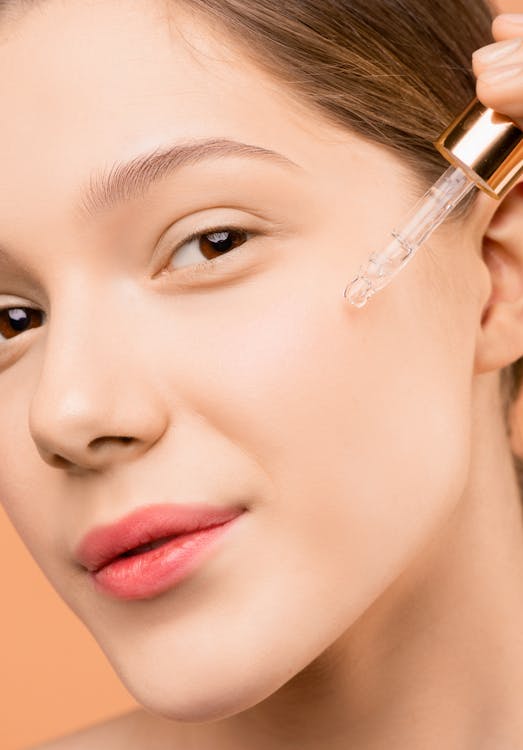Melatonin, the hormone responsible for regulating our sleep-wake cycle, has gained significant attention in the world of skincare. Beyond its sleep-promoting benefits, melatonin has been shown to offer a range of protective and rejuvenating effects for the skin. Here are 10 tips to help you effectively incorporate melatonin into your skincare routine:
Understand Melatonin's Skin Benefits: Melatonin is a powerful antioxidant that can help protect the skin from free radical damage caused by UV exposure and environmental stressors. It can also improve skin elasticity, reduce the appearance of wrinkles, and even help repair cellular damage.
Choose the Right Melatonin Products: Look for skincare products that contain melatonin, such as night creams, serums, and oils. Opt for formulas that combine melatonin with other beneficial ingredients like retinoids, vitamin C, and hyaluronic acid for enhanced results.
Apply Melatonin at Night: Melatonin is best absorbed and utilized by the skin during the nighttime hours when its production is naturally highest. Incorporate melatonin-infused products into your evening skincare routine for maximum benefits.
Consider Daytime Melatonin Use: While nighttime application is ideal, some experts suggest that using melatonin-containing products during the day can also be beneficial, as it can help neutralize free radicals and protect the skin from UV damage.
Start with a Low Concentration: When introducing melatonin to your routine, start with a lower concentration, such as 0.1-0.3%, to assess your skin's tolerance. Gradually increase the concentration if your skin responds well.
Pair Melatonin with Complementary Ingredients: Melatonin works synergistically with other anti-aging and skin-nourishing ingredients, such as retinoids, vitamin C, and hyaluronic acid. Seek out products that combine melatonin with these beneficial compounds.
Exfoliate Before Applying Melatonin: Gently exfoliating the skin before using melatonin-infused products can help improve absorption and ensure the active ingredients can effectively penetrate the skin.
Avoid Overexposure: While melatonin is generally well-tolerated, excessive use or high concentrations may lead to potential side effects, such as skin irritation or darkening of moles and freckles. Follow the product instructions carefully.
Monitor Your Sleep Cycle: If you're using melatonin topically, be mindful of how it may affect your sleep patterns. Consult with a dermatologist if you experience any disruptions to your sleep-wake cycle.
Combine Melatonin with Other Skincare Habits: Incorporate melatonin into a comprehensive skincare routine that includes sun protection, hydration, and other proven anti-aging strategies for optimal skin health and appearance.
By following these 10 tips, you can effectively harness the power of melatonin to enhance your skin's radiance, resilience, and youthful appearance. As with any new skincare ingredient, it's important to start slowly and monitor your skin's response to ensure the best results.



0 Comments